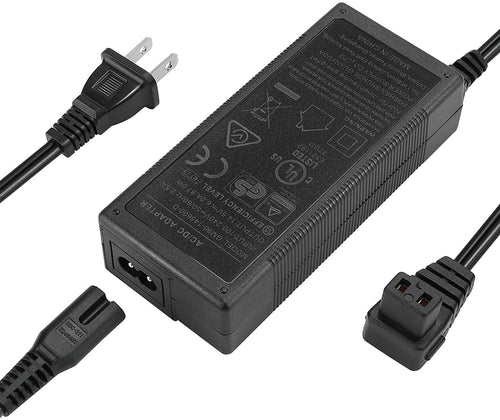Semi-truck drivers, the unsung heroes of the open road, rely on their trusty refrigerators to keep provisions fresh during long journeys. But have you ever wondered what fuels these on-the-go chillers? In this exploration, we delve into the mechanisms that power semi-truck refrigerators, ensuring a steady stream of cool air for the haul.

Understanding the Power Sources
Semi-truck refrigerators boast diverse power sources, each tailored to meet the unique needs of drivers navigating highways and byways.
1. Battery Power:
- The most common power source for semi-truck refrigerators is the truck's own battery. These refrigerators are designed to draw power directly from the truck's electrical system, ensuring a continuous supply as long as the engine is running.
2. 12-Volt DC Power:
- Many semi-truck refrigerators are engineered to operate on 12-volt DC power. This compatibility makes them well-suited for the standard electrical systems found in trucks. The direct current (DC) power ensures efficiency and reliability during transit.

3. AC Inverters
- For drivers seeking flexibility, inverters and generators come into play. Inverters convert the truck's DC power into AC power, enabling the use of household appliances, including refrigerators.

4. Independent Power Sources:
- Generators, power station on the other hand, offer an independent power source but come with considerations like fuel requirements and maintenance.
Read more: How to Charge Portable Refrigerator?
Optimizing Power Consumption for Long Hauls
Maintaining a delicate balance between preserving cargo freshness and efficient power consumption is crucial for semi-truck drivers. Here's how these refrigerators optimize their power usage.
1. Advanced Insulation Techniques:
- Semi-truck refrigerators are fortified with advanced insulation materials. These materials reduce heat exchange with the external environment, minimizing the workload on the refrigerator's cooling system and optimizing power consumption.
2. Energy-Efficient Compressors:
- Modern refrigerators for semi-trucks often feature energy-efficient compressors. These components ensure that the cooling process is conducted with minimal power consumption, contributing to fuel efficiency.
3. Smart Temperature Control:
- Advanced temperature control systems allow drivers to set precise cooling levels. This smart functionality prevents unnecessary power usage, ensuring that the refrigerator operates optimally based on the cargo's requirements.
Challenges and Considerations
While semi-truck refrigerators are marvels of mobile cooling, certain challenges and considerations merit attention.
1. Battery Draining Concerns:
- Extended periods of idling can lead to the truck's battery draining, affecting the refrigerator's power supply. Drivers must strike a balance between maintaining cargo freshness and managing the truck's power resources.
Read more: How Long Can a Car Fridge Run on Car Battery Without Draining The Battery?
2. Inverter and Generator Maintenance:
- For drivers relying on inverters or generators, regular maintenance is imperative. Keeping these auxiliary power sources in top condition ensures a reliable backup in case the truck's electrical system faces issues.
Conclusion:
Semi-truck refrigerators, driven by a mix of innovative technologies, provide a lifeline for drivers reliant on fresh provisions. Understanding the power dynamics behind these mobile chillers illuminates the journey of preserving freshness while cruising down the open road.
FAQs:
Q1: Can I run my semi-truck refrigerator when the engine is off?
Semi-truck refrigerators typically operate when the engine is running to draw power from the truck's battery. However, auxiliary power sources like inverters or generators allow operation when the engine is off.
Q2: How long can a semi-truck refrigerator run on battery power?
The duration a semi-truck refrigerator can run on battery power depends on factors like the battery's capacity, the refrigerator's energy efficiency, and how well the truck's electrical system is maintained.
Q1: Can I connect a semi-truck refrigerator to an external power source?
While it's possible to connect some refrigerators to external power sources, it often requires additional equipment and may not be practical during transit.
Q4: Can I install a larger battery for my semi-truck refrigerator?
Modifying the battery system of a semi-truck should be approached cautiously. Consult with a professional to ensure any modifications comply with safety standards and won't adversely affect the truck's electrical system.
Q5: What's the impact of running a semi-truck refrigerator on fuel efficiency?
While the impact is relatively small, running a semi-truck refrigerator does contribute to fuel consumption. Regular maintenance, energy-efficient appliances, and mindful usage can help mitigate this impact.







